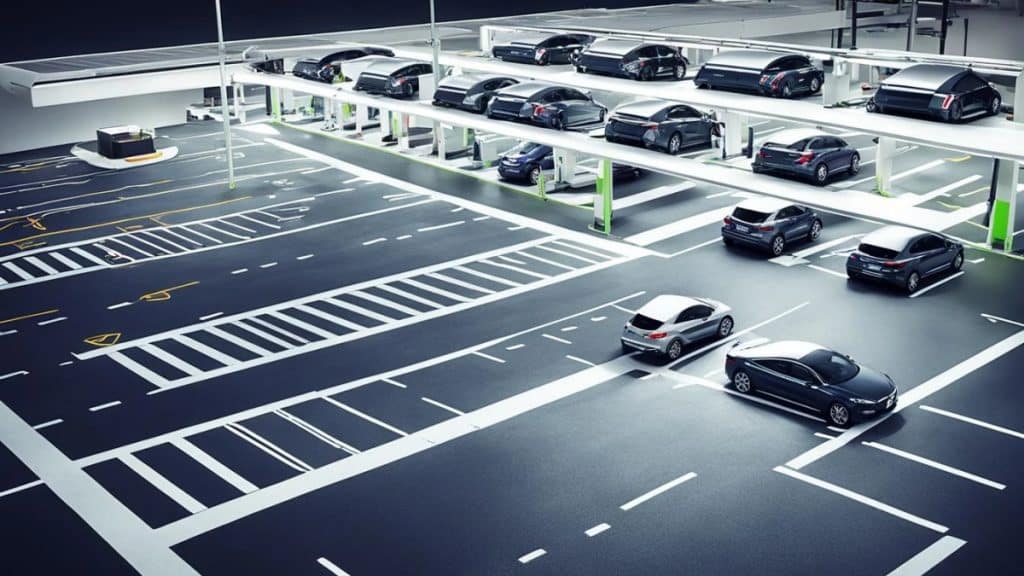Introduction
The rapid expansion of urban areas is compelling city planners to rethink traditional parking methods. As urban environments become denser, the shortage of available parking spaces intensifies, necessitating innovative approaches to tackle this pressing issue. These creative solutions are crucial not just for convenience but also for improving urban liveability and sustainability.
Collaboration with experts such as parking garage investment advisors could be instrumental in adopting these modern systems. By leveraging their insights, cities can integrate technological advances that optimize space usage and seamlessly enhance user experience. These efforts are integral to forecasting a sustainable urban future in which technology plays a pivotal role in everyday life.
Urban Parking Challenges
Urban centers worldwide are plagued with parking challenges that impact daily life. The scarcity of parking spaces leads to prolonged searches for spots, contributing significantly to traffic congestion. This congestion heightens air pollution levels, negatively affecting city air quality and health outcomes.
Beyond environmental concerns, the economic implications of parking inefficiencies are substantial, with increased operational costs and reduced productivity during peak hours. Thus, the urgent need for innovative strategies is driven by the need to mitigate these adverse effects, ensuring cities can cope with escalating commuter demands while maintaining quality of life.
Technological Innovations
Parking innovation is increasingly reliant on technology to provide scalable and efficient solutions. Automated parking systems, for instance, utilize robotics to maneuver vehicles into compact spaces, significantly reducing the area required for parking. This method optimizes vertical space usage, freeing valuable real estate for other urban needs.
The Internet of Things (IoT) also revolutionizes parking by enabling real-time data analysis and space management. IoT devices collect data on parking availability, which is then processed by software systems to provide actionable insights. Recent reports from MIT News underscore how these technological advancements are transforming the transportation and parking industries.
Eco-Friendly Parking Solutions
The drive towards sustainability in urban planning has catalyzed the development of eco-friendly parking solutions. Installing solar panels over parking lots is a project that generates clean energy to power various urban functions, including street lighting and electric vehicle charging stations.
Moreover, facilities with ample charging points for electric vehicles (EVs) promote greener transportation methods, reducing reliance on fossil fuels. These eco-conscious solutions support urban environmental goals and international initiatives to reduce urban carbon footprints and fight climate change.
Smart Parking Systems
Smart parking systems are integral to modern urban mobility solutions. These advanced systems employ a network of sensors, cameras, and mobile applications to monitor parking occupancy and efficiently guide drivers to available spots. This real-time data exchange minimizes the time spent searching for parking, easing traffic congestion.
By implementing predictive analytics, smart parking systems anticipate parking patterns, offering dynamic pricing strategies that optimize space use. A comprehensive study highlighted by BBC Futur discusses how smart city technologies like these streamline operations and enhance urban life.
Impact on Daily Commutes
These advancements have profound implications for daily commuters. Reduced parking search times mean less time spent idling in traffic, directly impacting fuel consumption and air quality. Consequently, commuter stress is alleviated, and the overall quality of urban life is improved.
In cities like Amsterdam and Seoul, where smart parking systems have been widely implemented, residents report enhanced public transport efficiency and reduced vehicular emissions. These cases demonstrate the advantages of creative parking solutions and inspire other communities to implement them.
